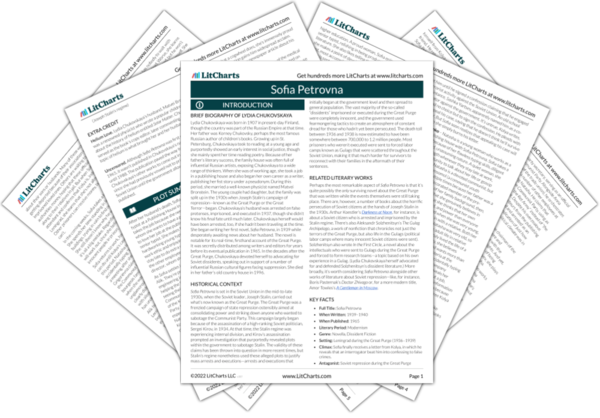Kolya is even more wrapped up in the Communist Party than his mother, as evidenced by his membership in the Komsomol. To that end, he and his friends draw on their power as a communist collective to address inequality head-on when Sashka Yartsev calls Alik an anti-Semitic name. In a way, his experience with the Komsomol during this period hints at the potential benefits of living in a socialist society built on the belief that the people should have the right to govern themselves. In this moment, such a system empowers Kolya to deal with anti-Semitism alongside his peers. Unfortunately, though, the same kind of governmental system also leads to corruption and repression.
